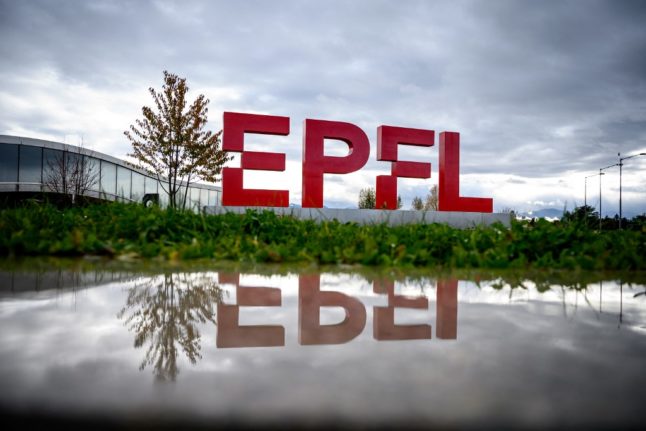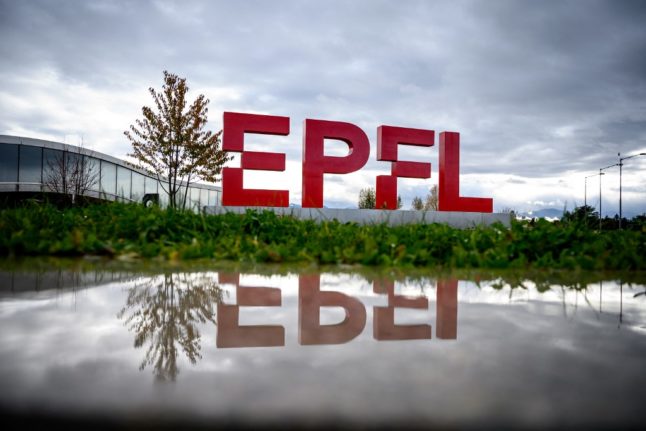In its new evaluation of Europe’s universities, London-based education analyst Quacquarelli Symonds (QS), found two of Switzerland’s top universities — the polytechnic institutes of Zurich and Lausanne — to be among the best.
The criteria for ranking 688 universities across 42 countries, including 106 universities that have never before been ranked by the QS, are based on “global recognition, research prowess, teaching resources, internationalisation, and employment outcomes,” the QS said in a press release.
Let’s have a closer look at why the two Swiss institutions got such high marks.
Number 2: Federal Polytechnic Institute of Technology, Zurich (ETH)
The public research university focusing on science, technology, engineering, and mathematics, received the overall score of 99.4 (out of 100).
It also performed very well in individual categories: 100 for academic reputation; 99 for its reputation as employer; 99.8 for academic citations; 94.7 for international research; 99.4 for employment outcomes; 96.9 for international student diversity; and 100 for international faculty ratio.
The ETH is not a stranger to accolades: it has been ranked by QS and other institutions among the best not only in Europe, but globally as well.
Established in 1855, the ETH, which has around 20,000 students, can boast famous graduates, including Albert Einstein and numerous other Nobel Prize winners.
Number 9: Federal Polytechnic Institute of Lausanne (EPFL)
Known as ETH’s sister institution, the EPFL, which is also a public research university, specialises primarily in engineering and natural science.
Its overall score in the QS ranking is 93.2. It received 97.9 in the academic reputation category; 95.5 in employer reputation; 99.9 in academic citations; 74 for international research; 96.8 for faculty-student ratio; and 100 for both international student diversity, and international faculty diversity.
A few years ago, the EPFL, which has just over 11,000 students, was recognised for its ‘internationalism’ in a prestigious Times Higher Education (THE) ranking.
READ ALSO: Lausanne’s EPFL named ‘most international university’ in the world
What about other Swiss universities?
While not as highly ranked as the ETH and EPFL, three other educational institutions rank among the top 100 (which is not a bad score, considering that 688 universities were rated by the QS: the University of Geneva is in the 60th place, Basel in the 74th, and Bern in the 76th



 Please whitelist us to continue reading.
Please whitelist us to continue reading.
Member comments